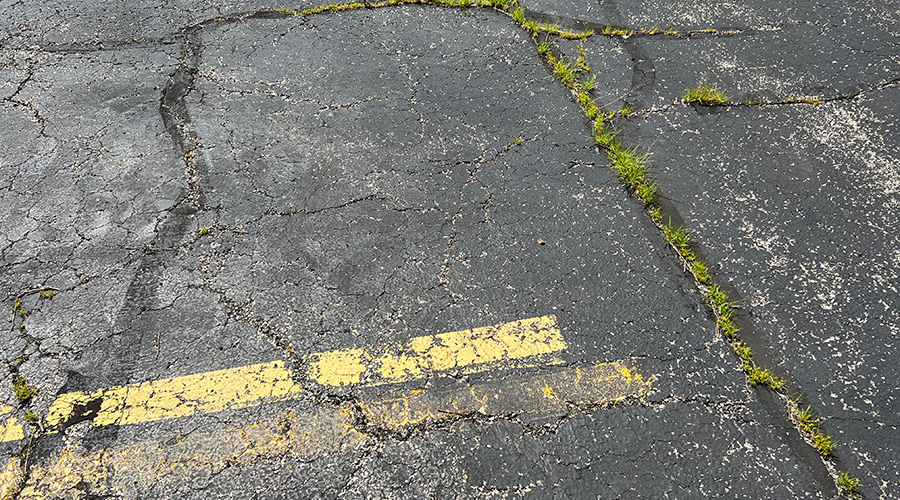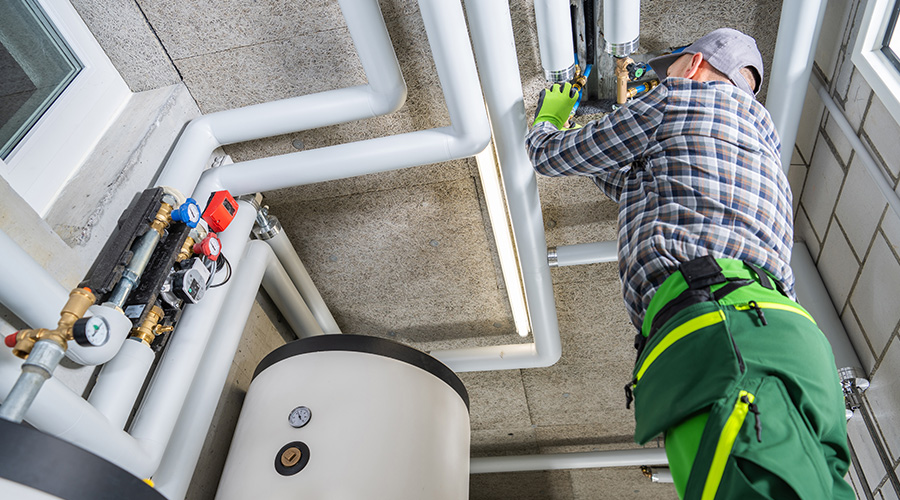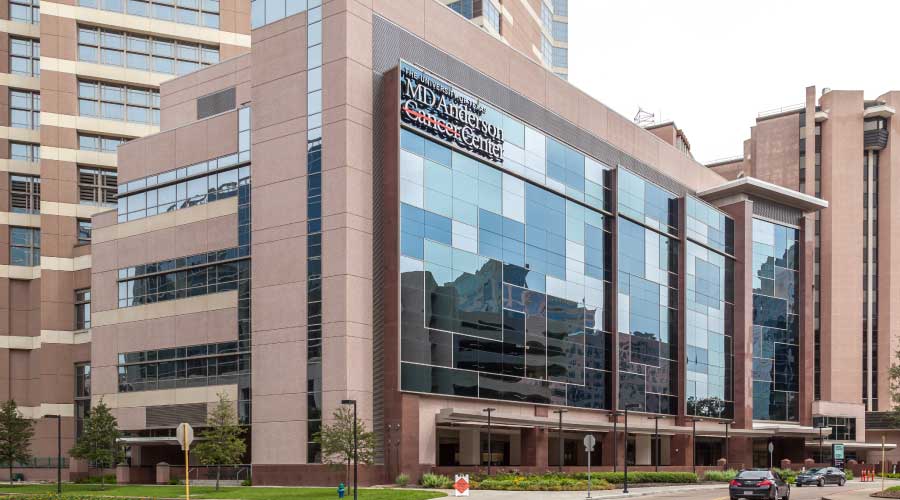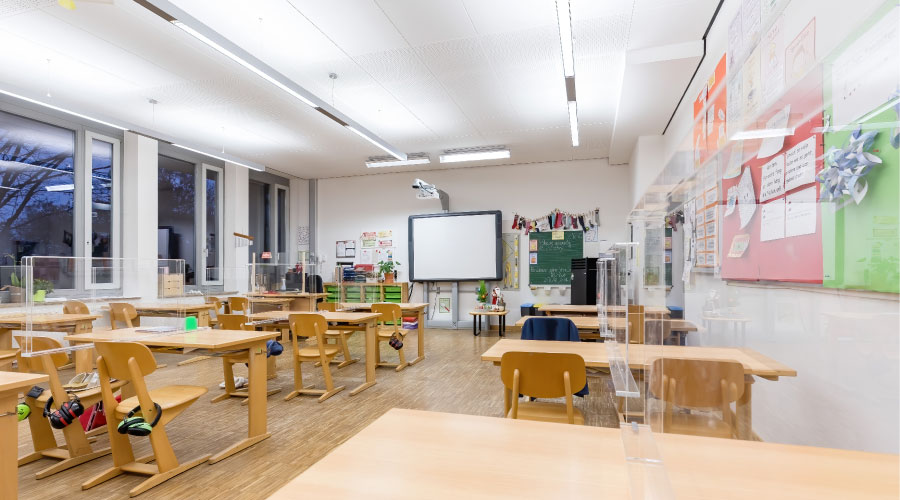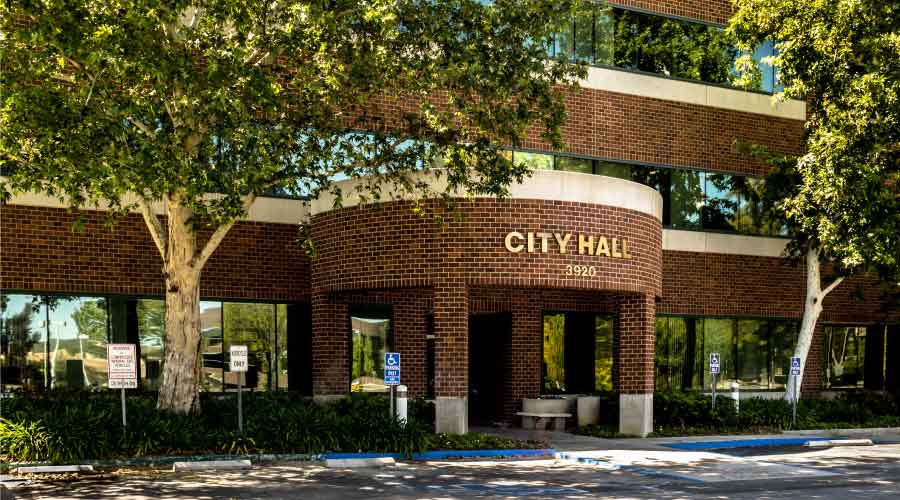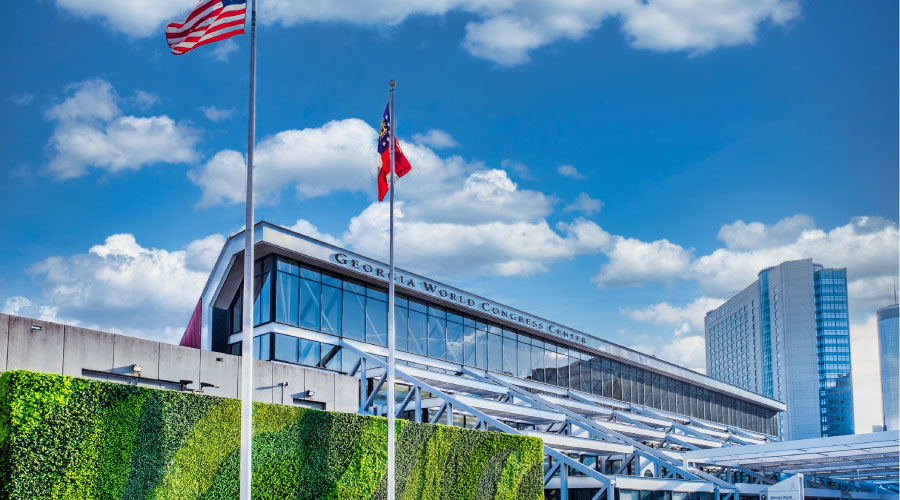For a Successful HVAC Upgrade, Good Timing is Everything
The timing of an upgrade can go a long way towards determining its success or failure as well. While upgrading HVAC equipment is never an easy process, it's certainly easier to do it before something breaks.
Nike found this out the hard way. "We had a reactive plan in place when it came to replacing HVAC equipment, due to budget restrictions, and would only replace the units after they had failed and had no more life left in them to be salvaged," Beaudoin says. "After a few difficult summers, where multiple units had failed, causing major discomfort and lost sales as consumers left complaining of the temperatures, leaders asked what we could do to avoid these issues in the future."
The result was a program that allows for Beaudoin and his staff to replace rooftop units at the stores before they fail. It also allows them to replace all of the units — usually five — at once.
"It allows us to bring the whole store up to our new equipment brand standards, with greater energy efficiency, R410a refrigerants, and makes connectivity with our EMS easier," he says. "As the fleet is slowly replaced/upgraded, we'll have to revisit the replacement plan, as the equipment 'should' be in greater shape, and last longer, so replacing them one off as needed will likely make more fiscal sense, as we can squeeze more life out of each unit."
Even if you're not replacing multiple units, the day will come for an upgrade.
"There's usually a point in time where you realize you need to do something. One of the issues is efficiency. When you've got 40-year-old equipment, it's not going to be as efficient as modern-day equipment," says Cogdill.
But timing doesn't just mean the equipment's lifespan. The time of year plays a big part as well.
Jeff McCauley, engineering manager at Two Shell Plaza, points out that summer in Houston is not conducive to HVAC work. The way Hines has done it is to start work on the cooling equipment in the fall and have it completed, including commissioning, by March or April at the latest.
"With our climate here, it has to be done during the cooler months," McCauley says. "This could not possibly work during the summertime."
Related Topics:






